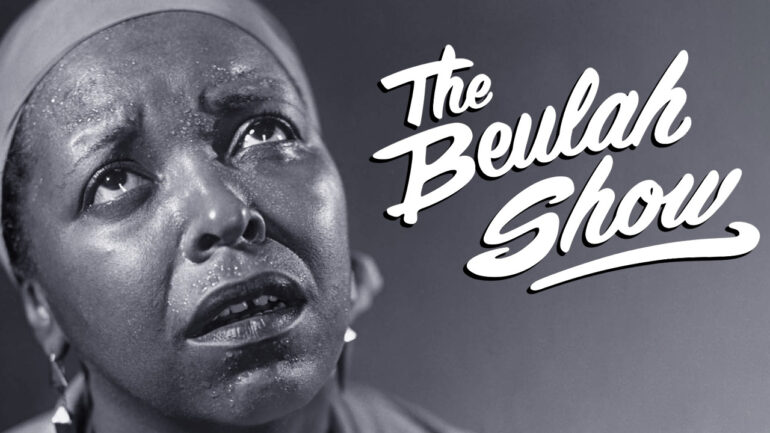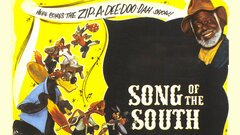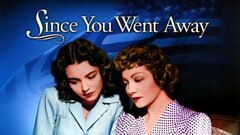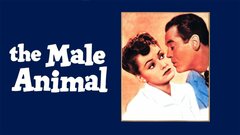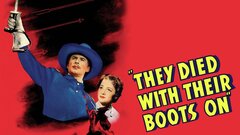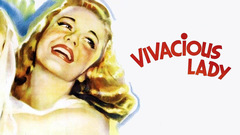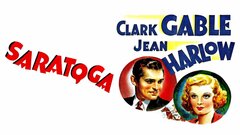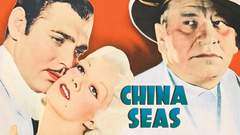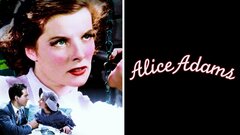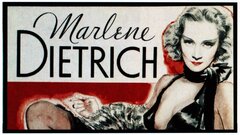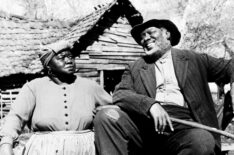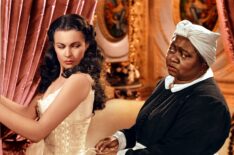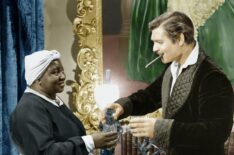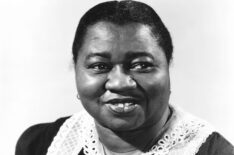Hattie McDaniel was an American actress and singer who helped pave the way for African-American actors in Hollywood, becoming the first black performer to win an Oscar, for her performance as Mammy in "Gone with the Wind" (1939). She was also the first black woman to sing on the radio in the U.S., the first black Oscar winner honored with a U.S. postage stamp, and enjoyed a career that lasted for three decades, appearing in over 300 films, and recording 16 blues sides throughout her groundbreaking tenure in the entertainment industry.
Born on June 10, 1895 in Wichita, KA, McDaniel was the youngest of 13 children born to former slaves. Her mother, Susan Holbert, was a gospel singer, while her father, Henry McDaniel, was a Civil War veteran who fought with the 122nd United States Colored Troops. When McDaniel was five years old, her family moved to Colorado, first settling in Fort Collins before relocating to Denver, where McDaniel attended Denver East High School.
McDaniel began her career as a singer and songwriter, honing her chops while performing with her brother Otis McDaniel's traveling minstrel show. The show fell apart following Otis's death in 1916, and McDaniel did not perform again until 1920, when she began touring with Professor George Morrison's Melody Hounds. She remained with the group until 1925, at which point she struck out on her own as a blues singer.
Between 1926 and 1929, McDaniel recorded 16 blues sides, mostly for the Chicago labels Okeh Records and Paramount Records. After the stock market crash of 1929, McDaniel was forced to take a job as a washroom attendant and waitress at Club Madrid in Milwaukee, WI. Eventually she wore down the owner and became a regular performer, but by 1931, Hollywood was calling. McDaniels' siblings Sam and Etta were already out west in Los Angeles, working as actors, so she decided to join them.
At first, McDaniels made ends meet by working as a maid or a cook, but she eventually landed her first film role, playing a maid in "The Golden West" (1932). McDaniels next appeared in the comedy blockbuster "I'm No Angel" (1933), sharing witty repartee with star Mae West. This role earned McDaniels a lot of buzz around Hollywood: in 1934 she joined the Screen Actors guild, and began landing bigger roles in films such as "Judge Priest" (1934), "Alice Adams" (1935), "The Little Colonel" (1935), "Murder by Television" (1935), "Show Boat" (1936), "Saratoga" (1937), and "Vivacious Lady" (1938).
Though these films managed to show off McDaniels' comedic chops and talents as a singer, they also proved to be a double-edged sword: white audiences were often angry that she upstaged her white co-stars, while black audiences felt that her constant portrayals of domestic types such as maids and cooks played into black stereotypes of subservience. Despite this, McDaniel remained a popular presence both on screen and off, becoming close friends with many of Hollywood's biggest stars at the time, including Joan Crawford, Bette Davis, Shirley Temple, Henry Fonda, Clark Gable, and Olivia de Havilland.
These last two friendships proved instrumental in helping McDaniel land the role that would come to define her career, the no-nonsense house slave Mammy, in the civil war-era romantic epic "Gone with the Wind" (1939). Even for the era, the film stirred up a lot of controversy amongst both whites and blacks, for the use of racial slurs, hero worship of the KKK, and lack of a backstory or personal agency for Mammy, and for what many southerners considered to be Mammy's overly familiar relations with the white family that she served, the O'Hara's.
To add insult to injury, McDaniel was unable to attend the film's premiere, at the Loew's Grand Theatre in Atlanta, due to Georgia's segregation laws (her co-star, Clark Gable, threatened to boycott the event unless McDaniel was able to attend, but she convinced him to attend anyway). Despite these controversies, the film was an instant classic, earning massive box office grosses, and sweeping the next year's Academy Awards ceremony. This included a groundbreaking Best Supporting Actress win for McDaniel, who was the first black performer to even win an Oscar. Sadly, she and her escort were forced to sit at a segregated table in the back of the room, and in fact, she was only allowed to attend the ceremony at all when the Ambassador Hotel, who usually upheld a strict no-blacks policy, made an exception for McDaniel as a favor to the Academy.
Following her Oscar win, McDaniel co-starred alongside her friend Bette Davis in director John Huston's legal drama "In This Our Life" (1942), before once again joining Davis and Humphrey Bogart to provide some comic relief in the musical "Thank Your Lucky Stars" (1943). McDaniel continued to appear in films such as "Since You Went Away" (1944), "Song of the South" (1946), and "Mickey" (1948), before making her final film appearance in "Family Honeymoon" (1949).
Despite some health issues, including a near-fatal stroke towards the end of 1950, she then made the switch over to television, replacing Ethel Waters in the second season of the sitcom "Beulah" (ABC, 1950-1952), playing the titular sassy maid. This role reawakened the criticism from the black community that surrounded McDaniel for much of her career: that she was playing into stereotypes and racist restrictions by playing mostly domestic servants.
McDaniels, for her part, brushed these critiques off as being class-based biases, and allegedly said "why should I complain about making $700 a week playing a maid? If I didn't, I'd be making $7 a week being one." However, after shooting only a handful of episodes of "Beulah," McDaniel was diagnosed with breast cancer, and became too ill to work.
On October 26, 1952, Hattie McDaniel died of breast cancer. She was 57 years old.
